Hyundai Motor Company unveiled the all-new KONA, an upscaled multiplayer in the B-SUV segment, led by an all-electric variant (EV) that offers advanced safety and convenience features and class-leading range.
The second-generation KONA offers one of the most comprehensive product packages in the B-SUV segment, including the widest range of powertrains. Customers can choose from EV (standard or long range), hybrid electric (HEV) and internal combustion engine (ICE) variants as well as sporty N Line versions of each.
In an unconventional move, Hyundai Motor developed the new KONA as an EV first, in line with the company's March 2022 accelerated electrification strategy announcement that will bring 11 new Hyundai EVs to market by 2030.
"KONA Electric will play a major role alongside our IONIQ models in reinforcing Hyundai's EV leadership. The new model builds on the great reputation of the first-generation KONA Electric and is designed and engineered to lead the competition with its many outstanding features," said Jaehoon Chang, President and CEO, Hyundai Motor Company. Chang added, "At Hyundai, we don't see the EV revolution as just the latest trend. We believe it is a pivot point for not only the industry but also for society. Through the implementation of eco-friendly mobility solutions like our EVs, we hope to speed the transition to clean mobility and make progress for humanity."
With its rugged, dynamic design and upscaled dimensions, the all-new KONA retains its iconic character, supporting active lifestyles for customers of all ages and generations, while offering new technologies and convenience features that provide a safe, connected and comfortable experience. Among the upgrades are dual 12.3-inch panoramic display screens, a Digital Key 2 Touch, full Over-the-Air (OTA) updates and Connected Car Navigation Cockpit (ccNC).
KONA Electric delivers class-leading all-electric range (AER) in the B-SUV segment (WLTP-estimated 490 km). It also comes with EV-specific design elements, including frunk storage, active air flaps, interior and exterior Vehicle-to-Load (V2L) outlets, Head-up Display (HUD), i-PEDAL driving mode, Smart Regenerative System, electronic-Active Sound Design (e-ASD) and an Eco Package.
The all-new KONA hits the ground running with Hyundai's SmartSense Advanced Driver Assistance System (ADAS) and safety systems, including Level 2 autonomous driving, Forward Collision Avoidance Assist (FCA), Blind-spot View Monitor (BVM), Remote Smart Parking Assist (RSPA) and Driver Status Monitor (DSM).
Compared to the previous generation Hyundai KONA, the new model has unique proportions with increased dimensions. Based on the EV variant, its length is now 4,355 mm, 175 mm longer than the previous generation in 2017, with a wheelbase of 2,660 mm, which is 60 mm longer. Its width is 1,825 mm, which is 25 mm wider, and the height is 20 mm taller at 1,575 mm.
An EV-driven exterior design that creates a rugged and dynamic impression
For the all-new KONA, Hyundai Motor broke away from the conventional ICE-to-EV development process and followed an EV-to-ICE process, resulting in a futuristic EV-centric exterior that accentuates the SUV's pure volume to make a rugged and dynamic impression.
With a drag coefficient of just 0.27, the new KONA excels at aerodynamic performance without sacrificing style. Between the aerodynamic nose and tailgate, sculpted wheel arch armor and parametric surfaces add character to pure volume, with dynamic chrome lines connecting the belt line to rear spoiler with integrated high-mounted stop lamp (HMSL). On the EV variant, a Pixelated Seamless Horizon Lamp and Pixel graphics add a unique flourish. Vivid exterior colors further emphasize KONA's iconic design, taking inspiration from the diverse lifestyles of the model's broad spectrum of customers.
The N Line versions boast black mirrors, wing-type spoiler and optional black roof, more aggressive front and rear designs with wing-shaped bumper to emphasize a lower stance, twin exhausts and silver side skirt.
A roomier and versatile interior designed to embrace a wider range of lifestyles
Based on the model's upscaled dimensions and EV-derived universal architecture, Hyundai Motor was able to design a larger interior 'living space' to embrace a wider range of lifestyles. The driver-centric front row is accentuated by a floating horizontal C-Pad with integrated dual 12.3-inch panoramic display screens that affirm KONA's high-tech character.
As part of Hyundai KONA's new layout the shift-by-wire gear selector has been relocated from the center console to behind the steering wheel, which allows more storage in the open console area. The layout also emphasizes KONA's larger, wider interior, providing a versatile and comfortable space for driver and passengers. This impression is further reinforced by the relocation of all driver controls around the steering wheel, allowing an open console storage with rotational cupholders. Ambient light is also supported by OTA updates for maintenance and new features.
The first row's relaxation comfort seat option is optimized for 'weightless' body pressure distribution to help alleviate fatigue after driving. The Curveless Bench Seat in the second row maximizes habitability and provides easy maintenance and a two-stage latch allows rear seat reclining.
The fully foldable second-row seat and rear compartment provide up to 466 liters (based on VDA standard) of cargo space to meet the highest level of customer needs with improved loading convenience. Loading anything from luggage to shopping bags is made easier than ever with the convenient customizable Smart Power Tailgate that enhances cargo space access.
An assortment of EV-specific features for the charged-up driving experience
In addition to the Pixelated Seamless Horizon Lamp and Pixel graphics, Hyundai KONA Electric offers even more features for an improved customer experience. Battery preconditioning ensures secure charging and range performance in winter and a frozen charge door prevention system enables the user to open the charge door in a minus 30-degree environment. A new charging port door lamp ensures visibility at night.
The HUD displays the most relevant information for drivers as a 12-inch projection on the windshield. This allows drivers to process information quickly while keeping their attention on the road ahead. And the e-ASD creates a virtual sound that makes EVs more engaging for the driver. An optimum sound is added to the cabin, considering variables, such as driving speed, torque, state of the motor and acceleration. Drivers can control the volume and customize the sound inside the cabin.
With a bi-directional onboard charge, the Vehicle-to-Load (V2L) function can power any device or charge electrical equipment, with both interior and exterior outlets for convenience. Inside, devices can be plugged into a standard outlet on the rear center console when the EV is powered on. Outside, devices and home appliances can be plugged in using a V2L adapter to use battery power when the car is parked.
The new i-PEDAL enables a driving mode that allows drivers to accelerate, decelerate and stop using only the accelerator pedal. The Smart Regenerative System automatically adjusts the amount of regenerative braking based on information from forward traffic flow.
Connectivity with Over-the-Air updates and an array of technologies
The all-new Hyundai KONA takes connectivity to the next level with continuous Over-the-Air (OTA) software updates, allowing car owners to save on cost and have their cars maintained with the latest software, providing an upgradable experience.
For more convenience, KONA can be locked, unlocked and started through the Digital Key 2 Touch, using near-field communication (NFC) on smart phones or smart watches, which assures a high level of security. Inside, dual 12.3-inch panoramic display screens are integrated into the audio-video navigation (AVN) system to give drivers an immersive digital experience.
The new KONA will be the first Hyundai model to apply the new Connected Car Navigation Cockpit (ccNC), which provides advanced graphics and perfect unity among the vehicle displays. When parking, Surround View Monitor (SVM) displays the vehicle from various viewpoints for safe and easy parking while efficient, wide projection LED headlamps light the way.
The eight-speaker Bose Premium Sound System plus subwoofer has been tuned by Bose engineers to deliver a rich and immersive listening experience. Driver and passengers alike have access to two USB-C chargers (including one with data support) and a 12V power outlet in the front as well as two USB-C chargers in the rear. KONA is also equipped with the latest version of Hyundai's connectivity technology and Bluelink® Streaming Service for music and videos will be provided later.
SmartSense ADAS features
The second-generation Hyundai KONA is equipped with the next level of Hyundai SmartSense ADAS features that are not available on most other B-SUVs, ensuring the highest levels of safety and convenience on the road.
The Driver Status Monitor (DSM) uses the vehicle's internal camera to analyze the driver's face and, in the event of drowsiness or carelessness, alert them or intervene, if necessary. And remote Smart Parking Assist (RSPA) aids drivers in getting in and out of parking spaces remotely. A press of the smart key button moves the vehicle forwards or backwards.
Blind-spot View Monitor (BVM) helps when the driver makes a lane change by issuing an alert to warn about the risk of collision regarding vehicles in the blind spot. If necessary, braking is automatically applied to prevent a collision.
Hyundai KONA Electric offers additional safety features, such as Forward Collision-avoidance Assist 2.0 (FCA 2.0), which provides evasive steering, junction crossing, lane change ongoing and lane change side lane. It also has Highway Driving Assist 2 (HDA 2), which helps drivers maintain a safe distance from the vehicle ahead and assists by overtaking slower vehicles in front.
The all-new Hyundai KONA brims with other various advanced driver assistance systems (ADAS), such as Lane Keeping Assist (LKA), Blind-Spot Collision Avoidance Assist (BCA), Intelligent Speed Limit Assist (ISLA), Driver Attention Warning (DAW) and High Beam Assist (HBA). It also equipped with various driving convenience functions, such as Smart Cruise Control (SCC), Navigation-based Smart Cruise Control (NSCC), Lane Following Assist (LFA) and Highway Driving Assist (HDA).

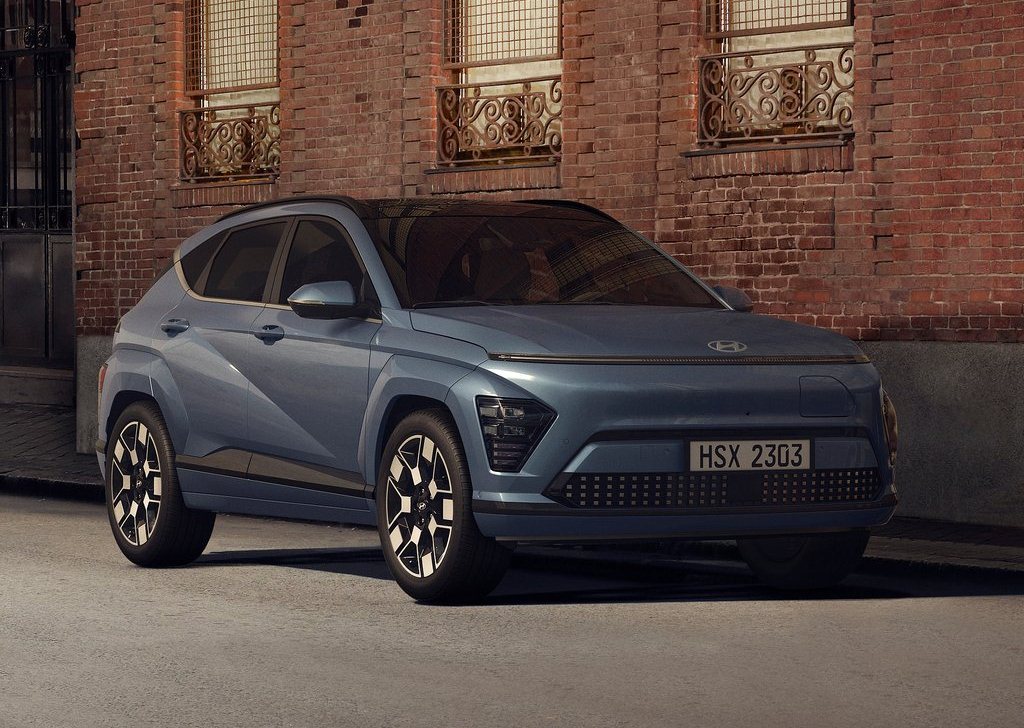
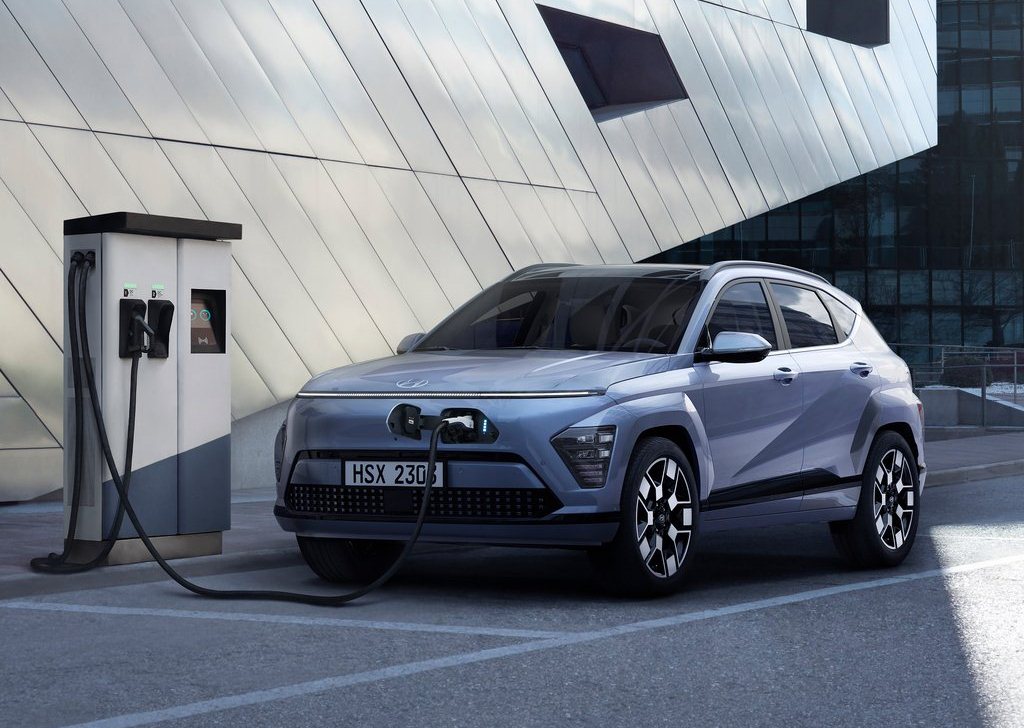
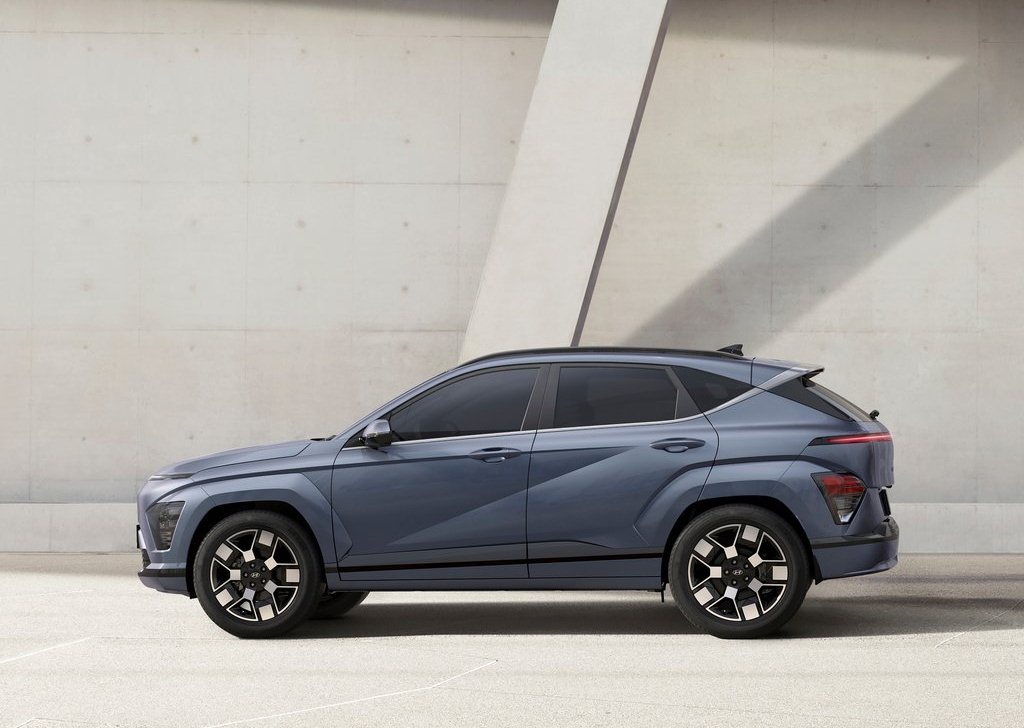
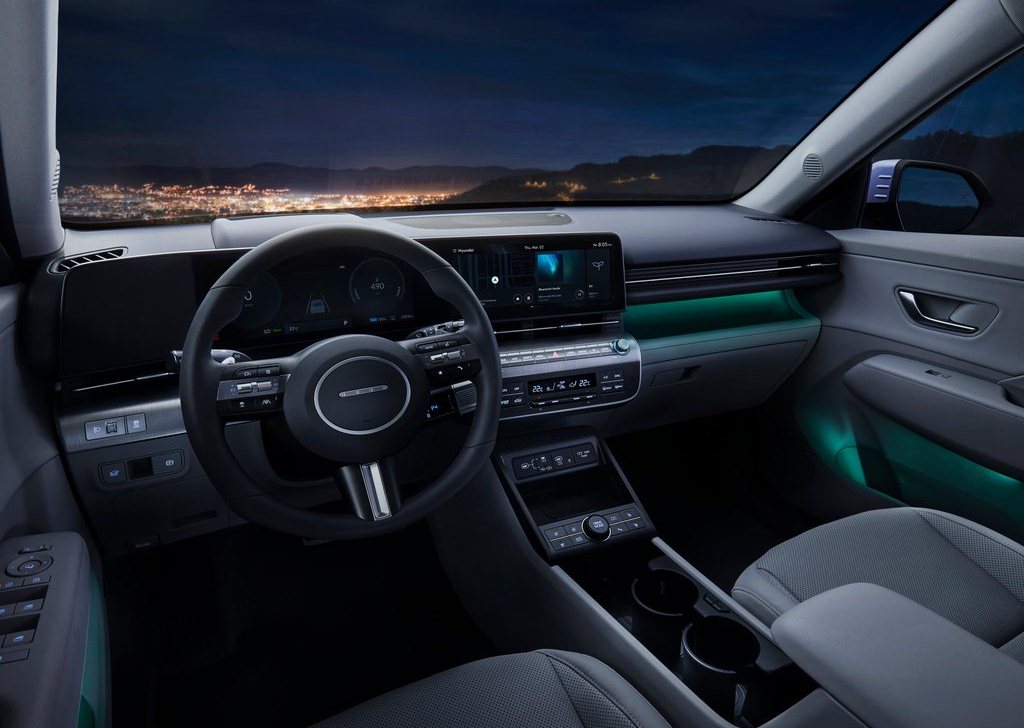

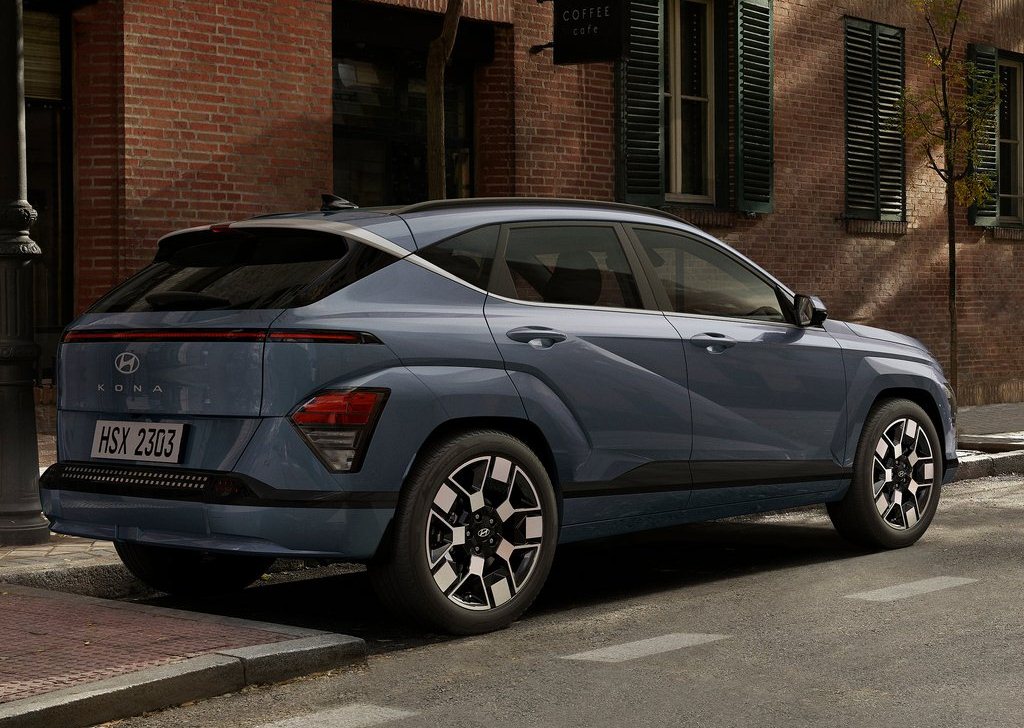







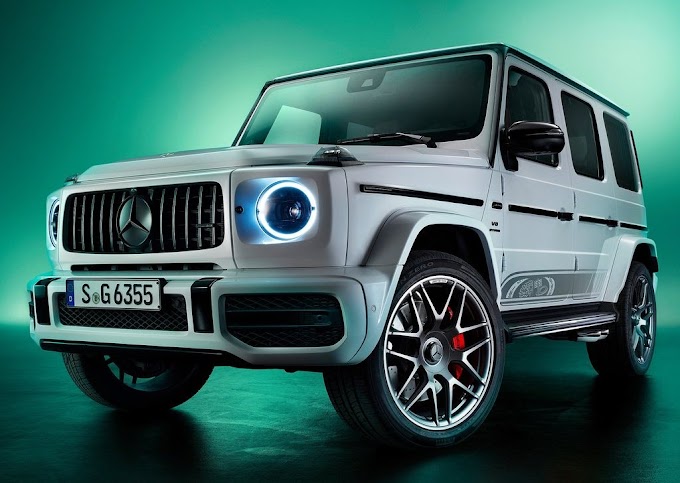







![2026 Kia Sportage [EU] Review: A Refined European Crossover with Bold Style and Electrified Options](https://blogger.googleusercontent.com/img/b/R29vZ2xl/AVvXsEgqMRwJE1m90uCMgRSB6oc4bAzmAaKXJlNoCwavK5fXHaphLYY1sUVXdxUC94zuj95CdjDG2SqRnUBYMqta-dapTLIaHhzEdJAS821ldVMQOKfAZNpQlZ5fYTwKzKbKj8ad9QeKlaQPcNLRZ6zaGvuXhsg1kQ6zQCQqYtjmOM8q9u-a7Nl3WYjp773OLXJR/w680/2026%20Kia%20Sportage%20%5BEU%5D_01.jpg)

0 Comments